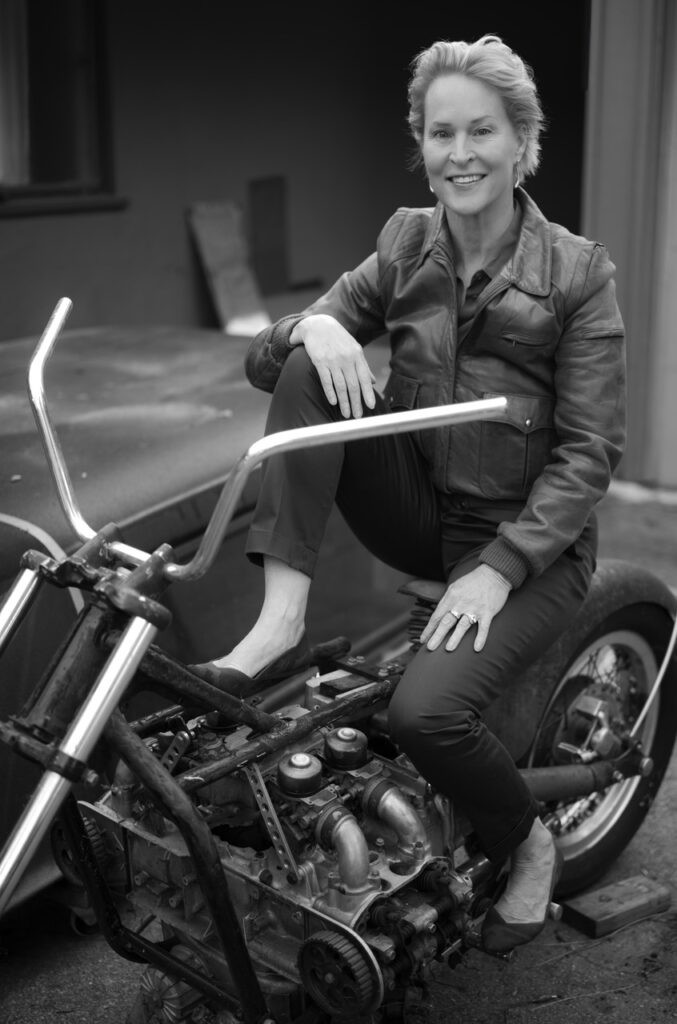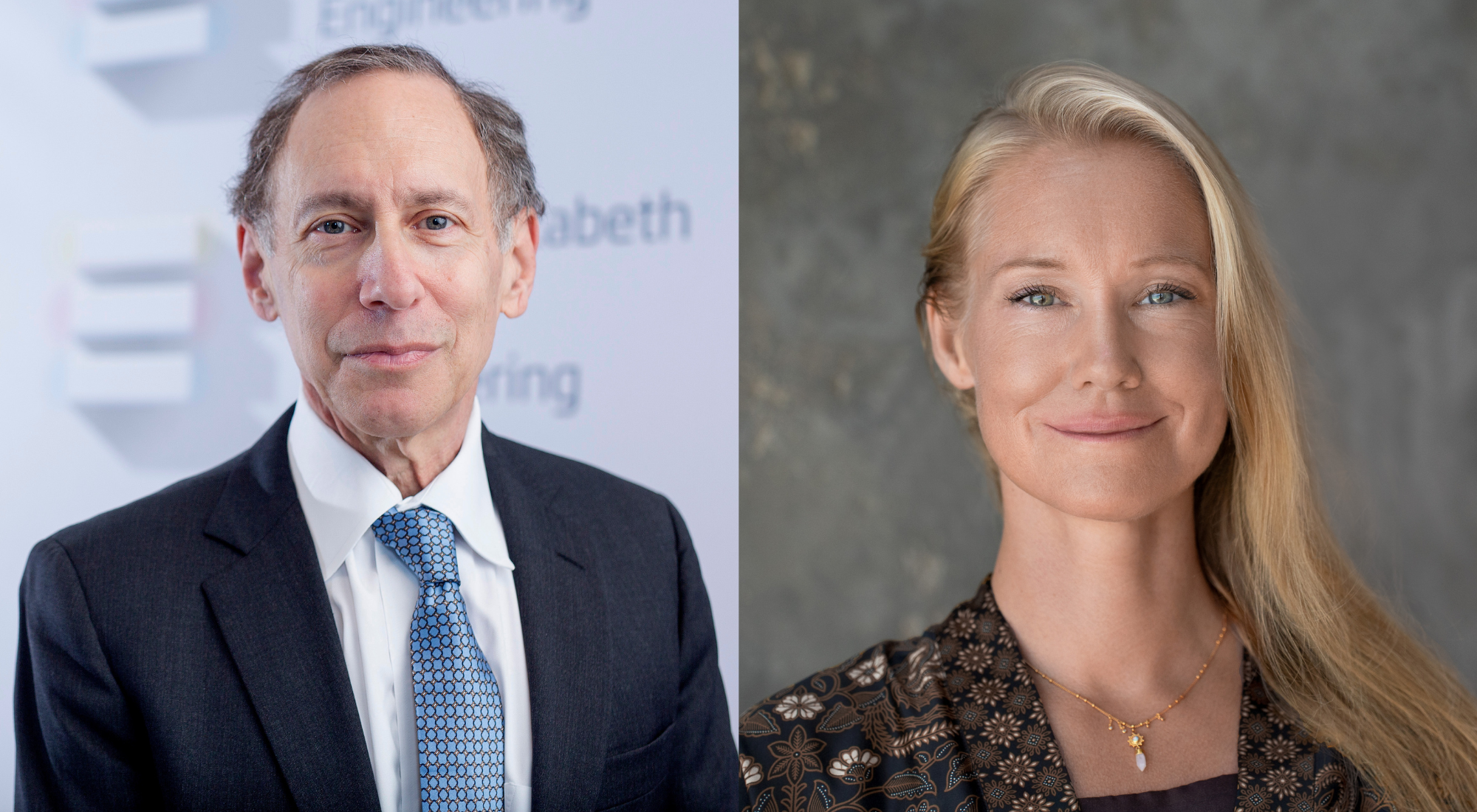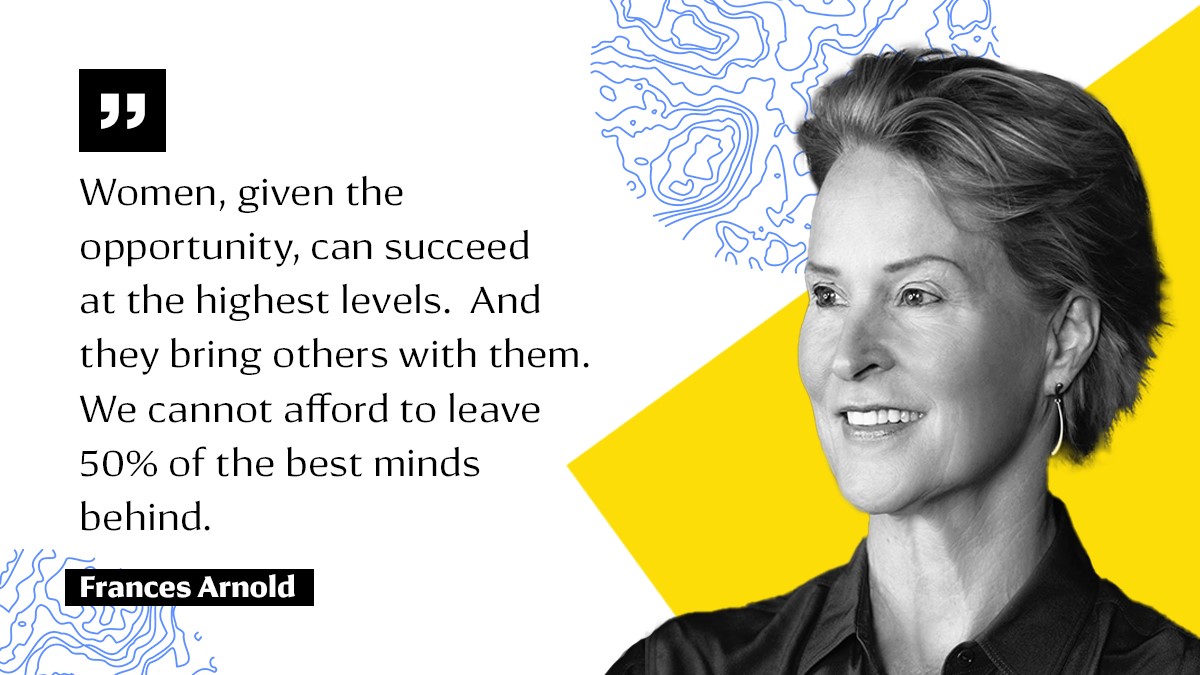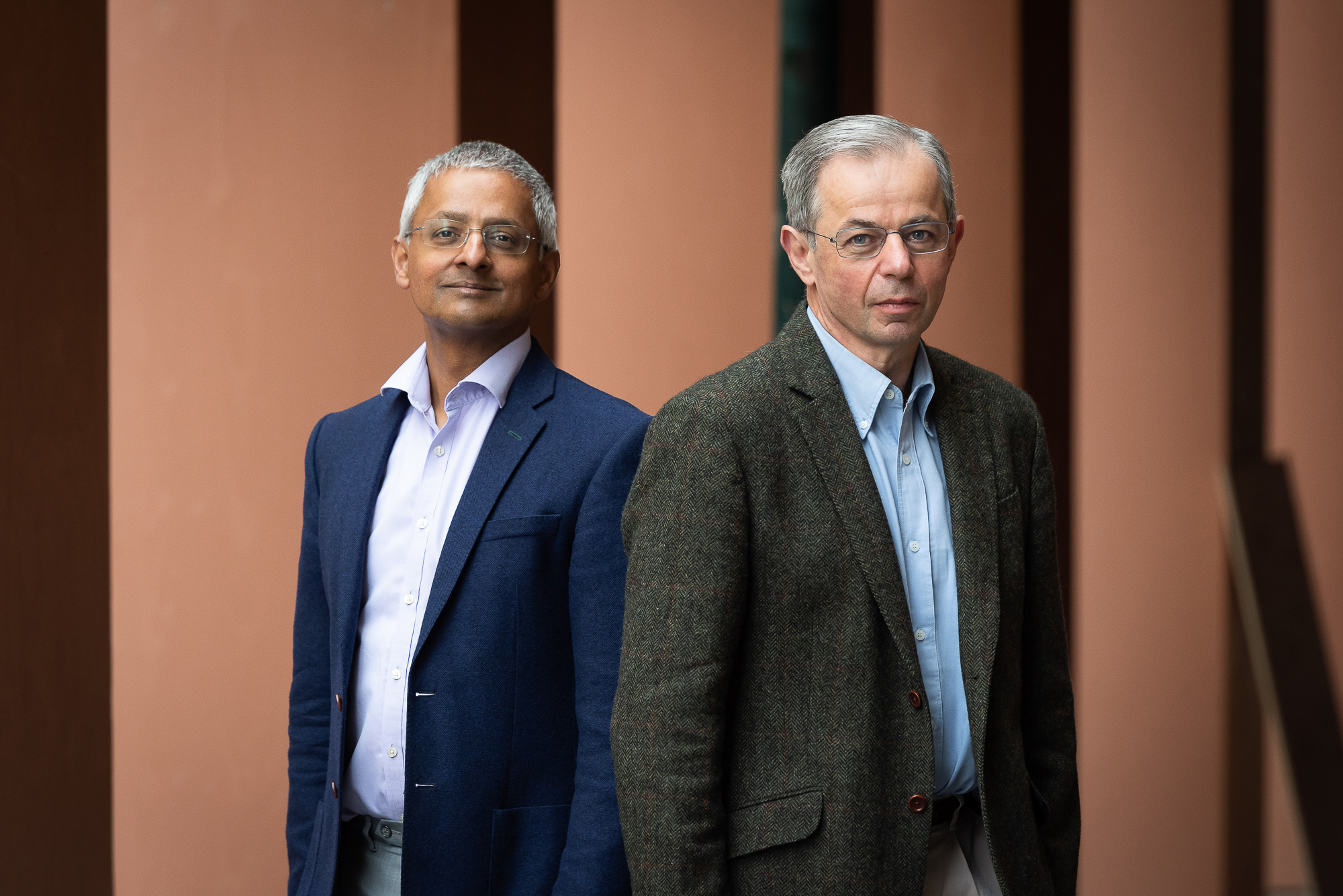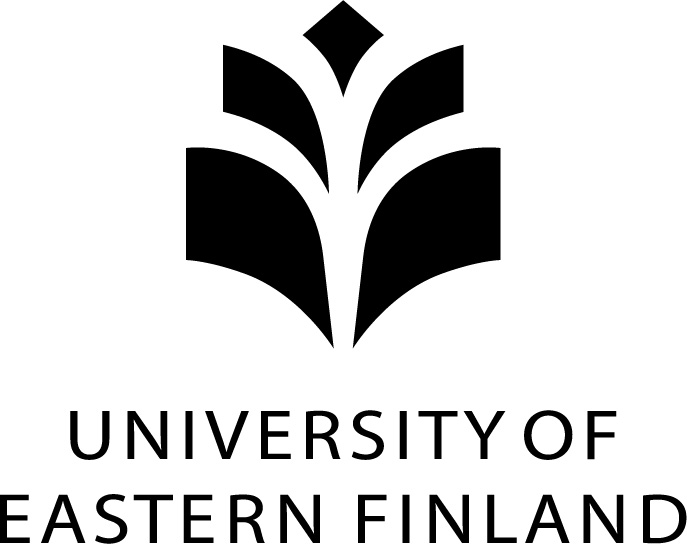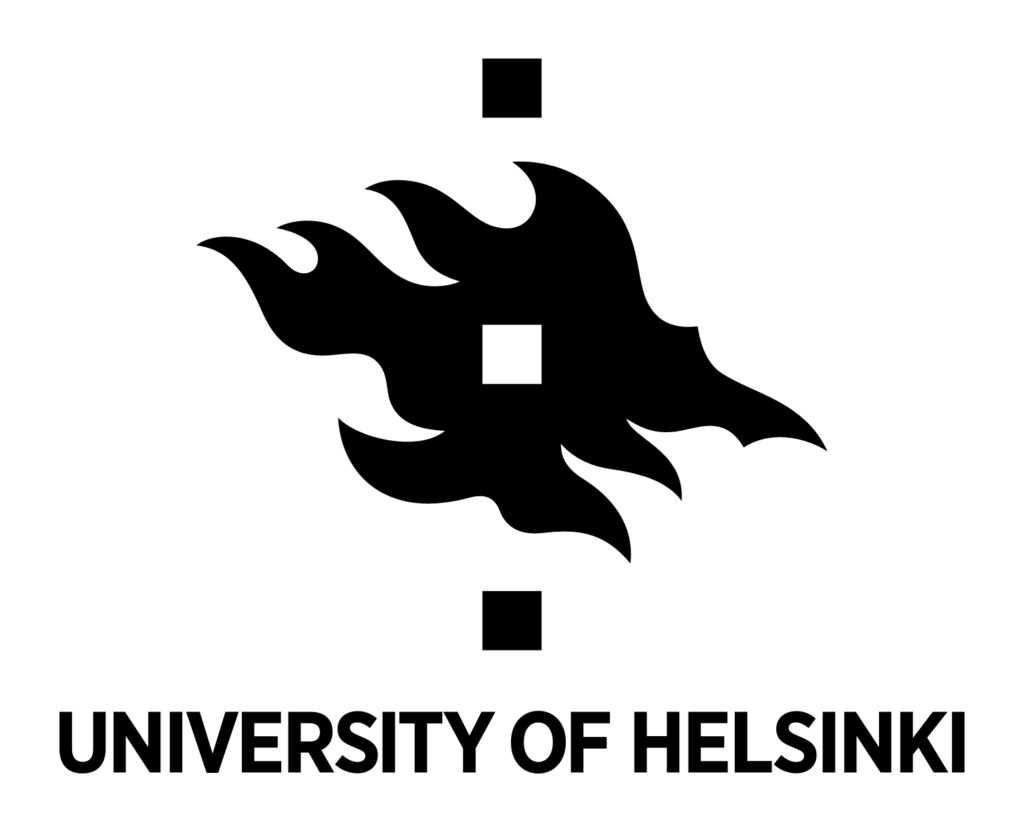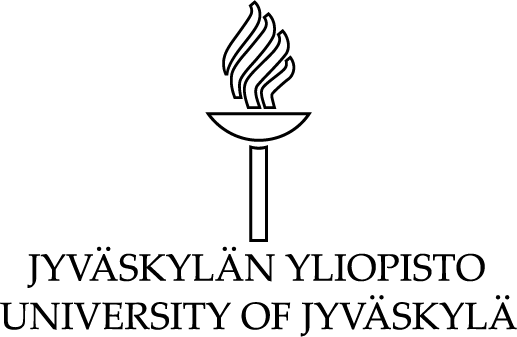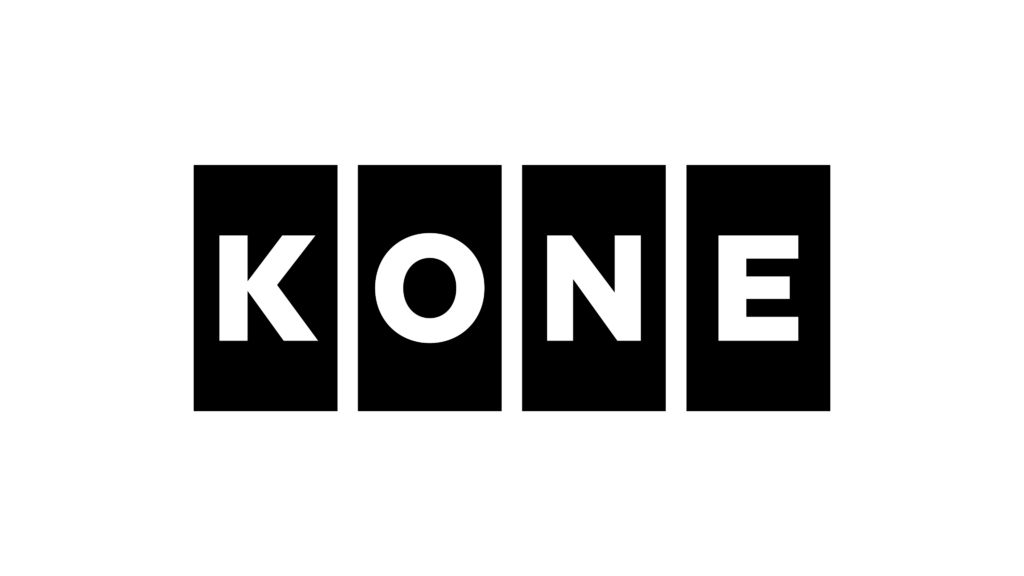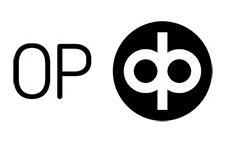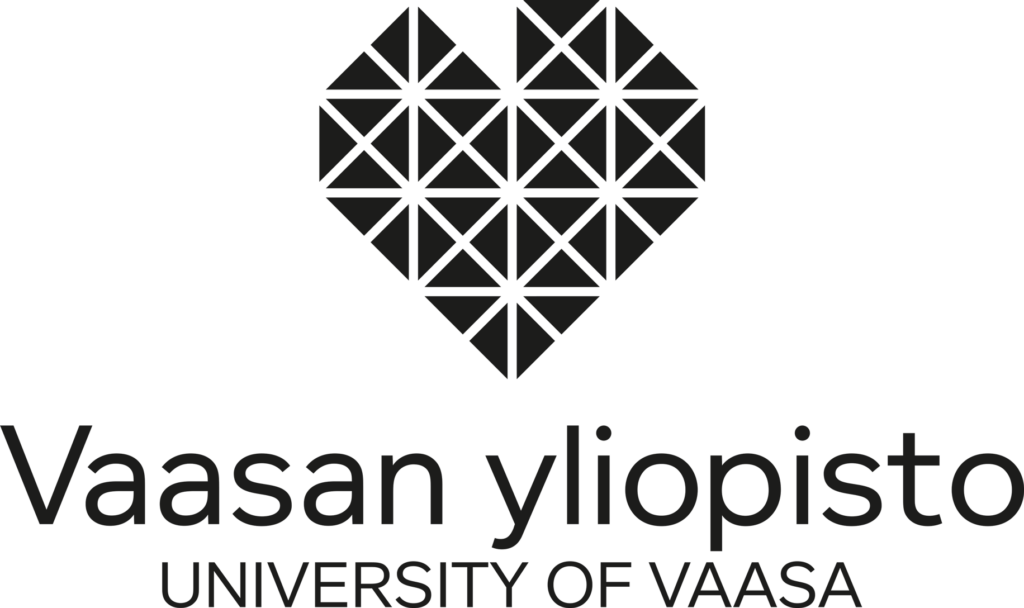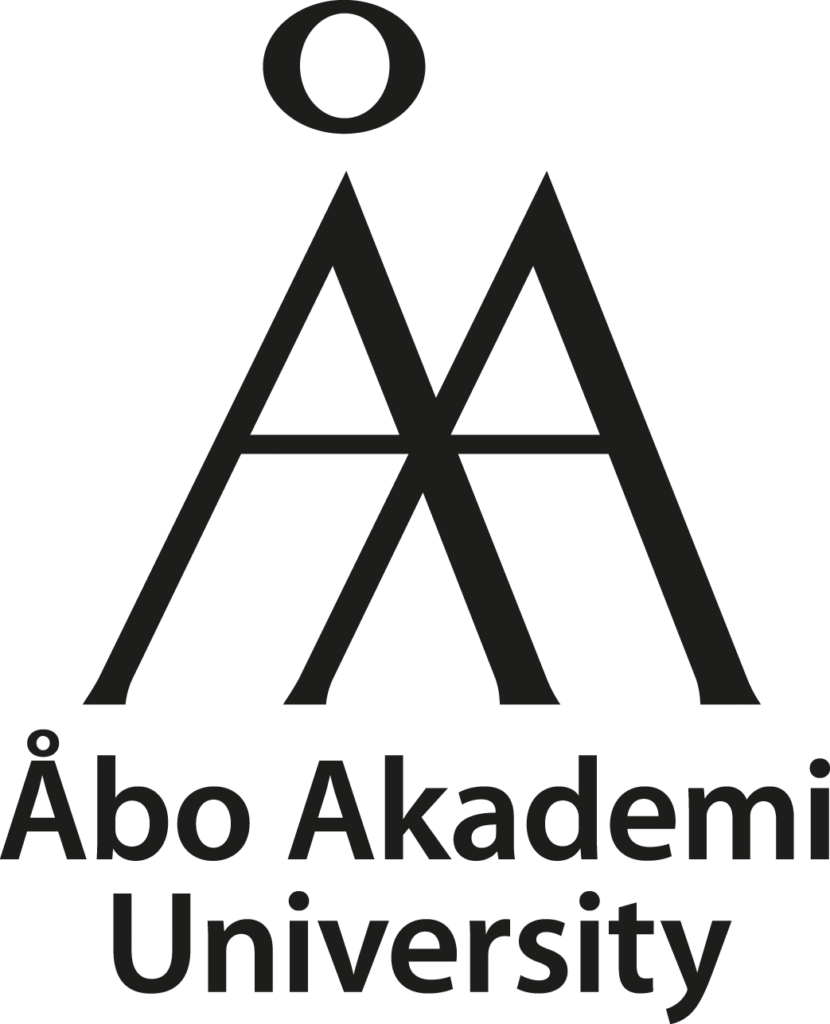Making a scientific innovation become a world-changing success story: Innovator, scientist and Millennium Technology Prize winner Frances Arnold shares her insights
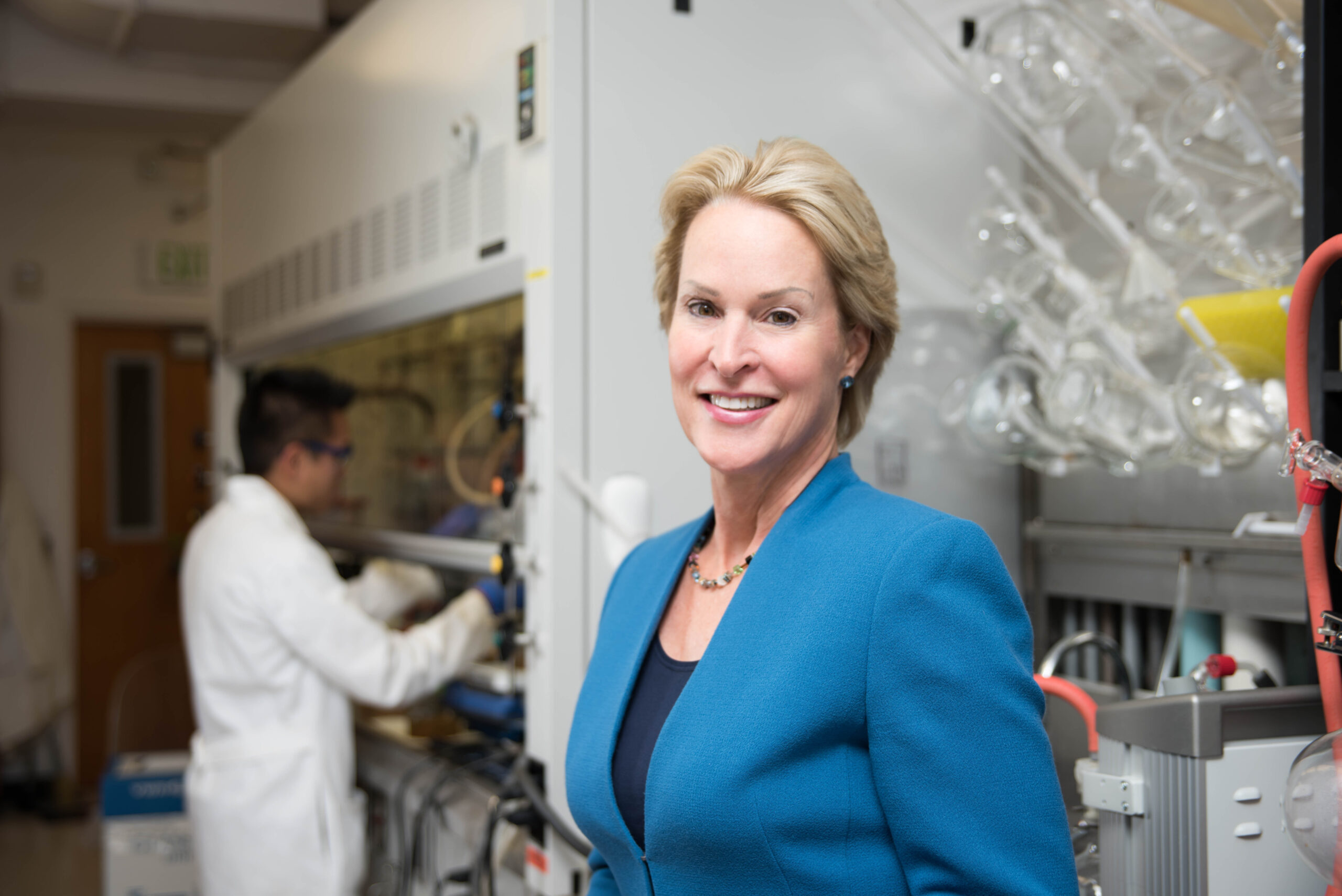
Innovation has become the driving force behind societal progress. But how can we gauge the potential impact of scientific innovations and make lasting societal change? We discussed this with award-winning engineer and scientist Frances Arnold, whose discoveries in directed evolution have impacted several industries and turned her into a respected founder, investor and advisor in the life sciences.
When someone has won the Nobel Prize and the Millennium Technology Prize (among others), holds more than 60 U.S. patents and has co-founded several companies, it would be easy to assume they’ve been a prolific genius since birth. However, Frances Arnold says that early on, she was just as confused about her career path as the next person.
“I got a degree in mechanical and aerospace engineering in the 1970s, and when the aerospace industry was closing down after the Vietnam War, I didn’t particularly enjoy the mechanical engineering jobs. I thought about becoming a diplomat and even applied to some schools of international affairs. It was only when I began studying biochemistry as part of my graduate studies that I considered a career in research.”
Since those studies, Arnold has never looked back. She says biology has been the most exciting field of science to follow in the past 40 years. However, she identifies first and foremost as an engineer. “I went into engineering because I wanted to solve problems – invent and build things that could be used to better the conditions of people and the planet. I could not have achieved that by just staying in the lab.”
When it comes to innovations, Arnold’s focus is on their usefulness. Her definition of useful is simple: people have to use it. This perspective is arguably the hallmark of Arnold’s distinction as both a scientist and a catalyst for change. She currently holds positions on the boards of numerous technology companies and has earned the role of co-chair on President Joe Biden’s Council of Advisors on Science and Technology (PCAST). She is also the Linus Pauling Professor of Chemical Engineering, Bioengineering and Biochemistry and Director of Donna and Benjamin M. Rosen Bioengineering Center at Caltech.
“As a scientist, you can sit down and use your academic training to make predictions about whether something will work or not. But if people aren’t interested in your ideas, they don’t believe them, they don’t trust them, or they want something else, they’re not going to adopt them,” she explains. “Sometimes we have to go much farther to meet people where they are, not where we are.”
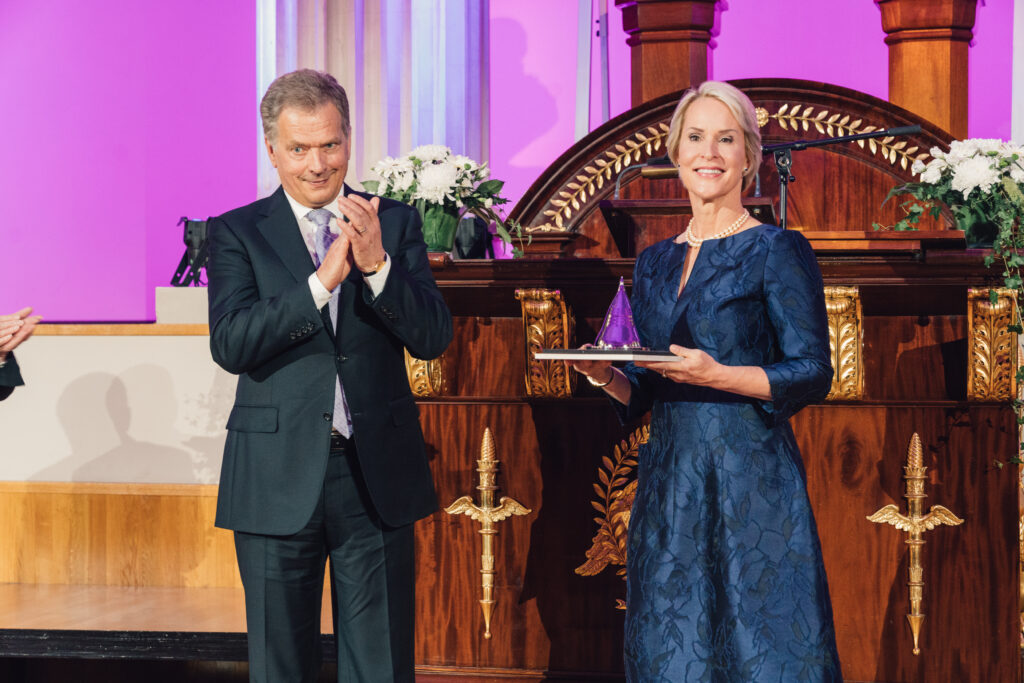
How did directed evolution become a global success story that transformed several industries?
Arnold’s innovation in directed evolution has become a dominant approach to enzyme engineering both in academic laboratories and in the biotechnology industry. Evolutionary methods are widely used for the production of new enzymes, antibodies, therapeutic proteins and engineered cellular systems.
Enzymes made using directed evolution have allowed industries to adopt biology-based processes and ingredients that are more sustainable than previous practices and products. This has benefitted several industries from consumer care to textiles, food, paper, chemicals and pharmaceuticals.
“I want to open people’s minds to the power of biology. I see a future where biology can do much of the chemistry that we are currently doing in unsustainable ways to make the products we need in our daily lives. I would like to transition to biological chemistry that’s fully sustainable, using renewable resources.”
“I’m proud that people picked up the methods and used them. We empowered others to solve important problems.”
Frances Arnold
Arnold’s success is also a result of an attitude of impact over personal merit. She never tried to keep her directed evolution methods patented. Instead, she and her team published all the early work, making it freely available for others to use.
The methods were sufficiently simple, and they were soon widely adopted. “I’m proud that people picked up the methods and used them. We empowered others to solve important problems.”
Arnold believes that directed evolution’s success was a consequence of the right timing and a simple, yet powerful process. After all, evolution is a force of nature that existed long before humans could make sense of it.
Even so, there’s something about her way of working that could be classified as unique or at least different from traditional academic approaches to research. While science tends to start from a hypothesis, Arnold studied the system of evolution to understand its rules.
“There’s no hypothesis-driven approach in the natural world, yet, solutions to complicated problems arise sometimes in strange places. I used a lot of experiments to fathom what kind of problems evolution could solve and to explore what is possible using enzymes. We often arrive at solutions that we cannot explain fully, but they are incredibly useful.”
How to turn a scientific discovery into a commercially successful product
Having taken on several more commercially-oriented roles ranging from co-founder to investor, Arnold still thinks being a scientist is easier than starting a company. “Science is easy; humans are hard,” she says. So when it comes to turning curious discoveries into commercially successful innovations, Arnold is not keen to offer recipes or shortcuts.
“The more simple things are, the more people will use them.”
Frances Arnold
With a wealth of experience spanning decades and diverse roles, Arnold advocates for scientists to engage with experiences beyond the confines of academia. Given the ever-evolving nature of science, she emphasises that continual learning remains the sole avenue to sustaining innovation. “At Caltech, nearly all our undergraduates do research. The joy of discovery and creation should be nurtured at the same time the basics are mastered,” the professor says.
To her, the various facets of being a scientist, innovator or advisor serve as invaluable opportunities for learning. “Especially in biotechnology, the companies are often at the bleeding edge of the technology. So, if you want to learn about the newest technologies or what needs the industry has for them, start-up companies are great places.”
She’s also a firm believer in simplicity. “I’m trained as an engineer. We have this dictum, ‘Keep it simple, stupid.’ KISS. That means the simpler something is, the more elegant it is. The more simple things are, the more people will use them.”
Frances Arnold’s three tips for finding success as an innovator
- Look beyond the hypothesis and focus on learning with an open mind. This allows you to see things that other people are not seeing.
- Don’t overcomplicate things. Instead, choose a simple but powerful process that really works.
- Getting people to use things you invent is easiest when you take a few steps out of the laboratory. This might mean starting a company to test the research in practice, but it can also be a collaboration with a company or governmental body.
